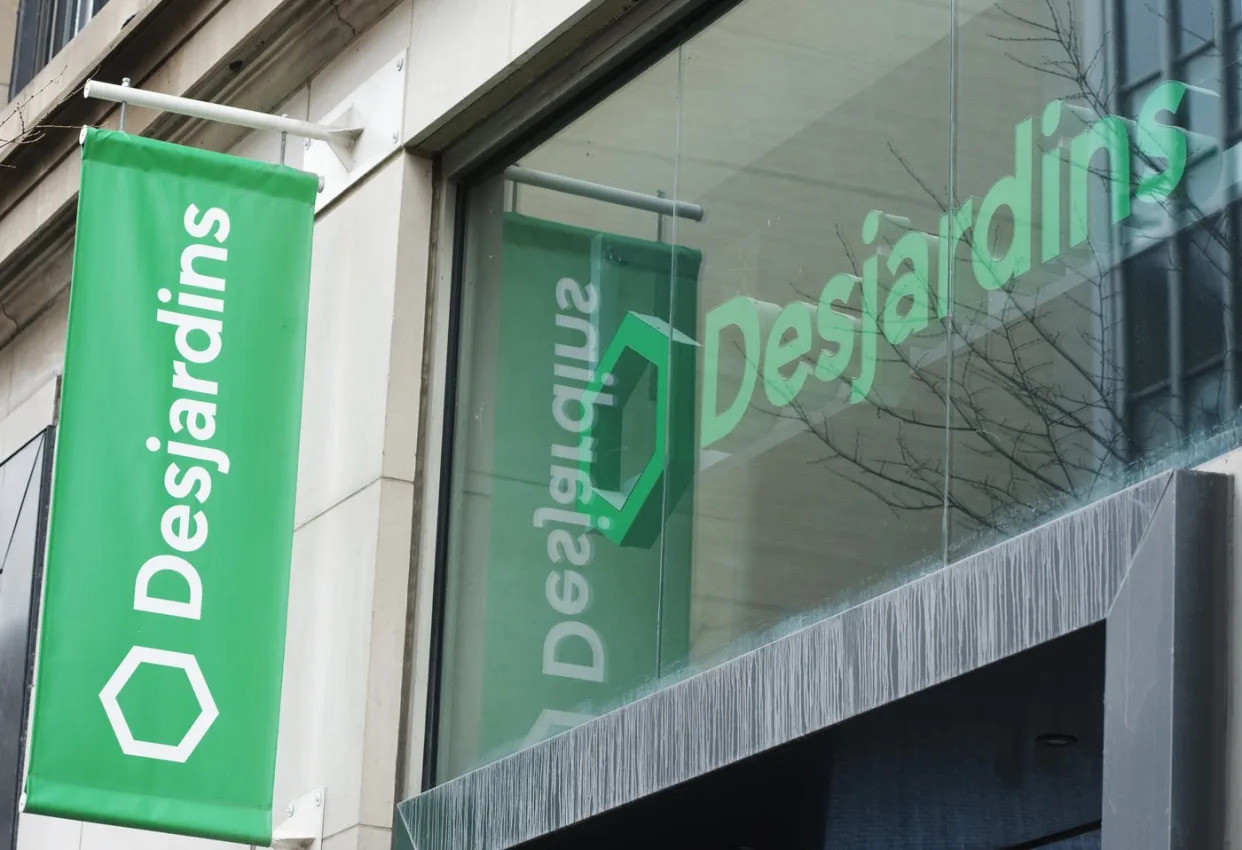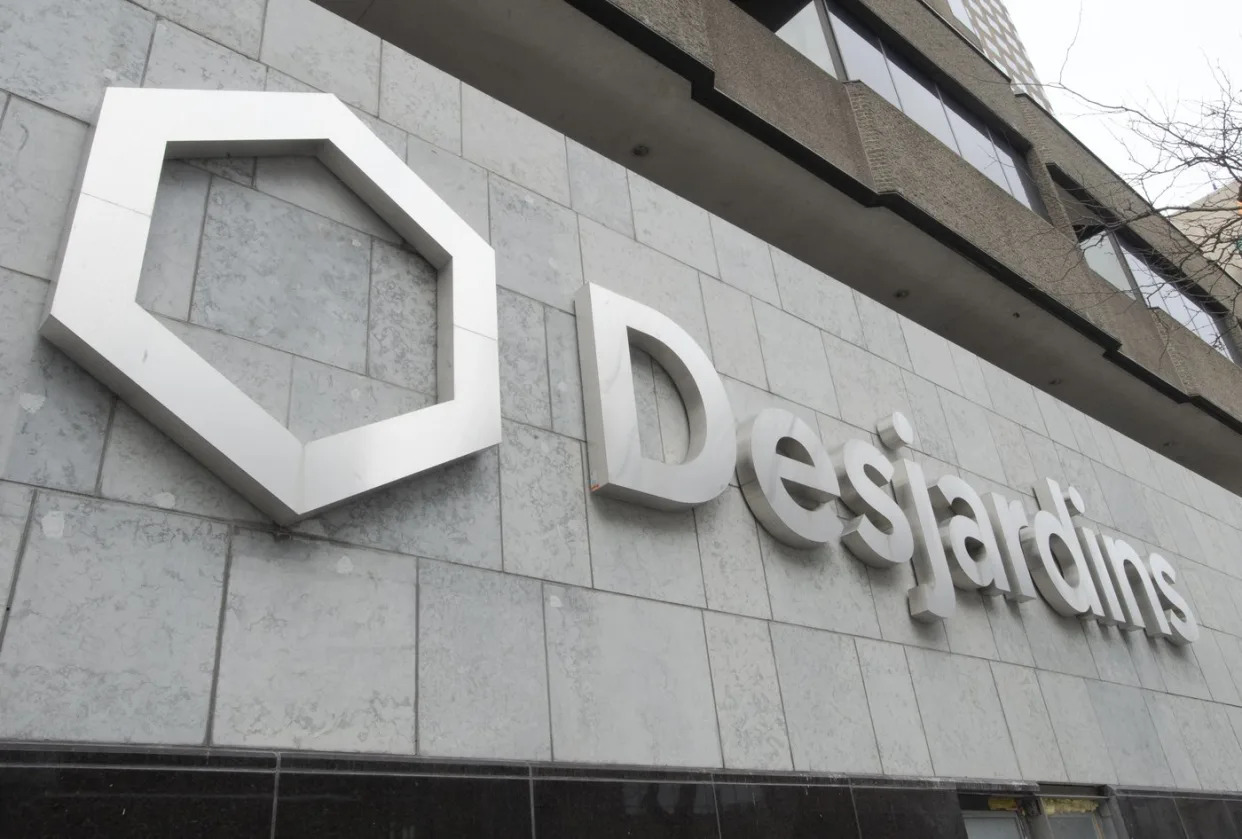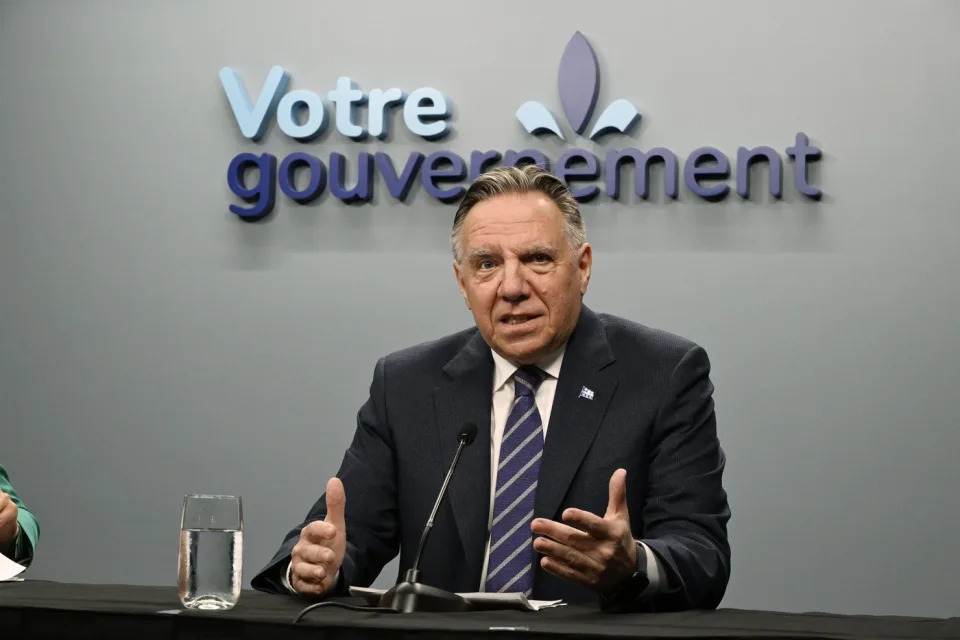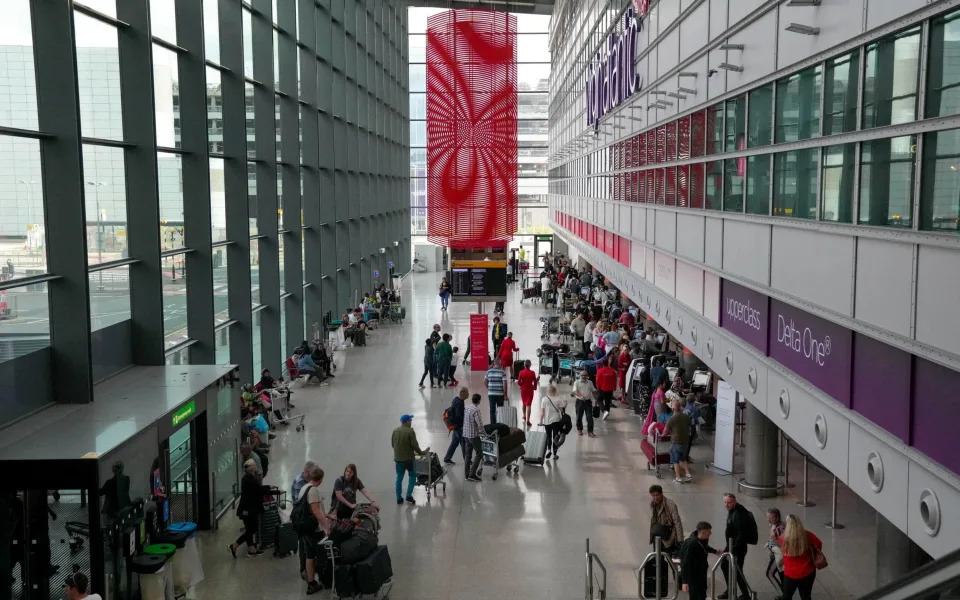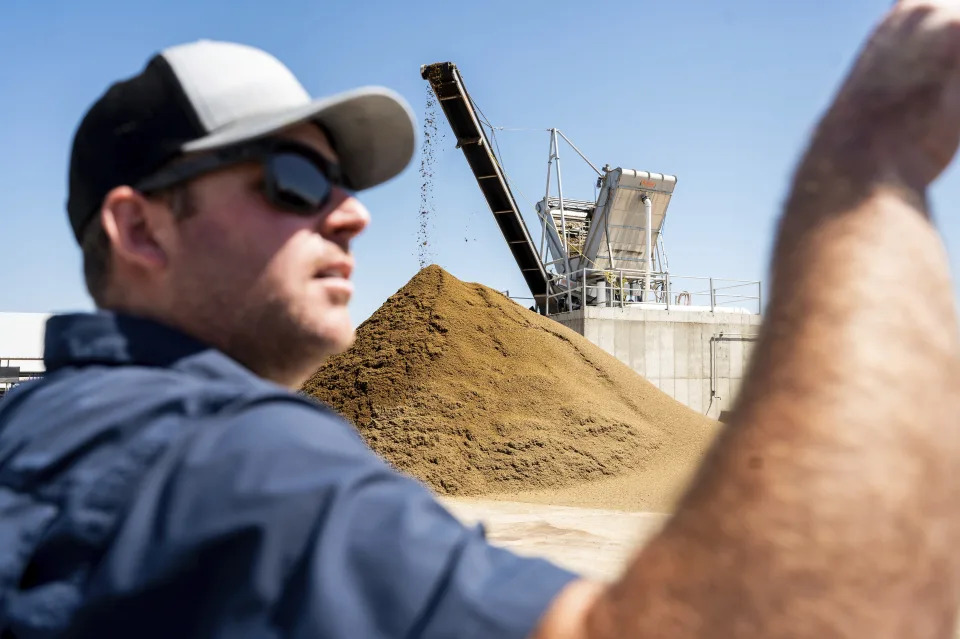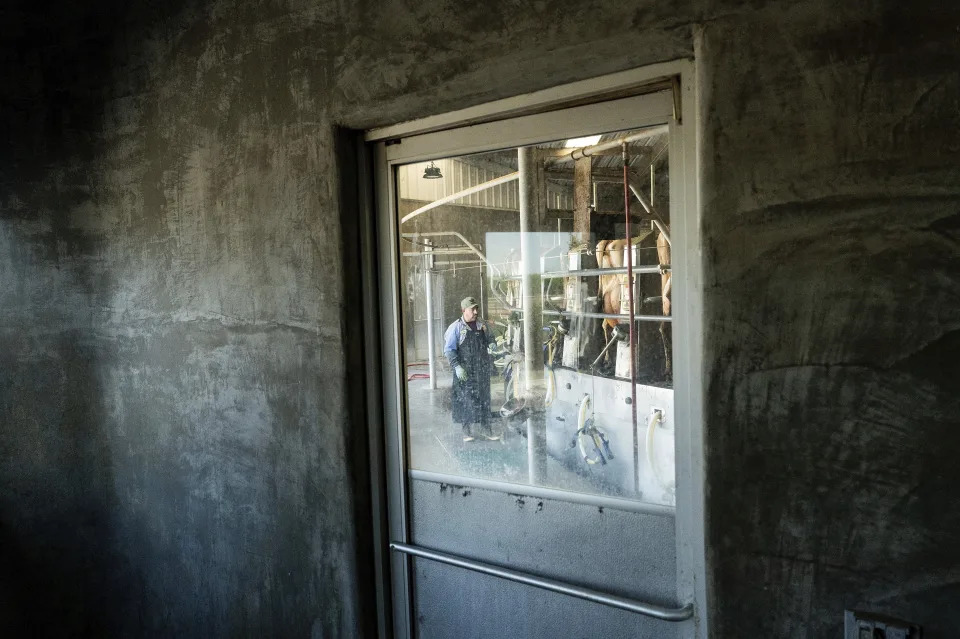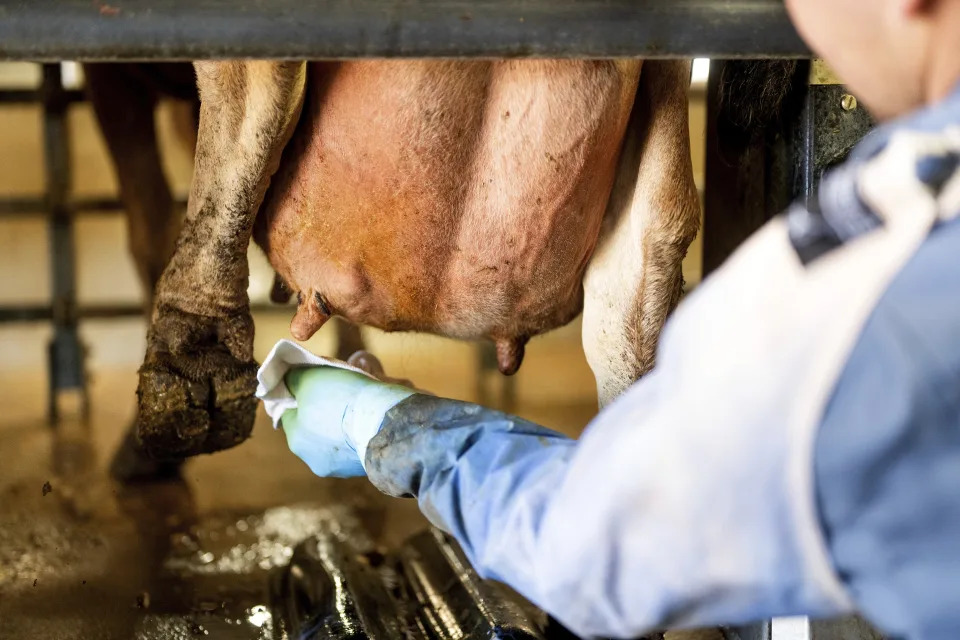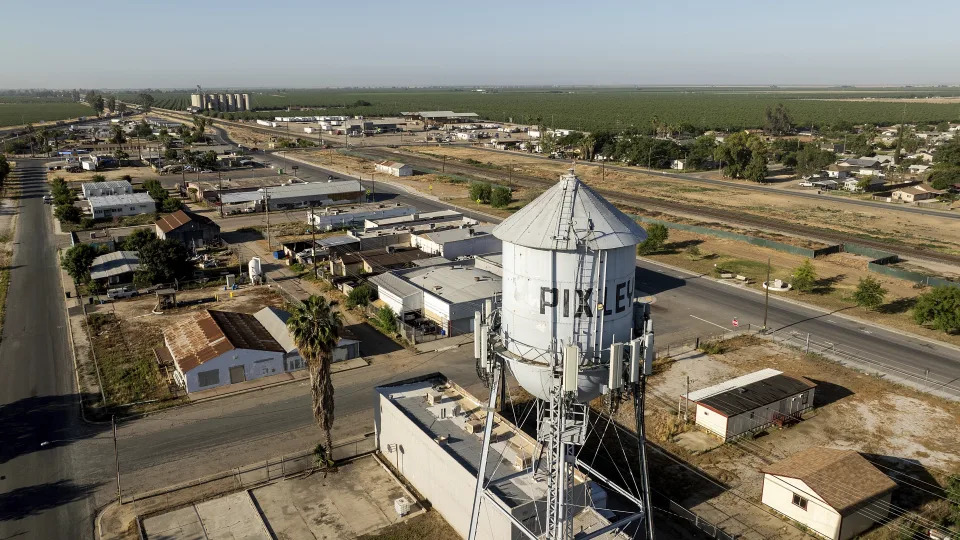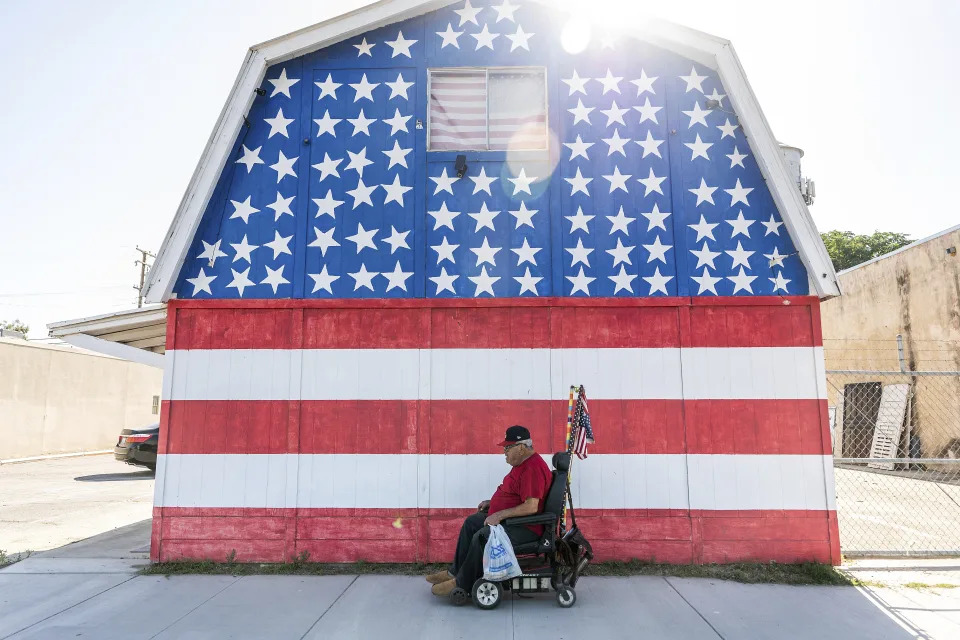CBC
Wed, June 12, 2024

Former students of Christian Centre Academy were at Saskatoon provincial court on Wednesday, after the Crown finished presenting its case in the trial of John Olubobokun, a former director at the school, later renamed Legacy Christian Academy. (Pratyush Dayal/CBC - image credit)
Warning: this story contains descriptions of alleged assaults against children.
The trial of a former director of a private Christian school in Saskatoon has been adjourned until the fall after the defence requested more time to find witnesses to testify.
John Olubobokun, 64, has pleaded not guilty to nine counts of assault with a weapon stemming from allegations that he assaulted students two decades ago while he was director of Christian Centre Academy, which has since been renamed Legacy Christian Academy.
The Crown called 11 witnesses at the trial in Saskatoon provincial court this week, concluding Wednesday morning. The defence was expected to then begin presenting its case.
Instead, Olubobokun's lawyer requested an adjournment. Defence lawyer Daniel Tangjerd said his client felt "massively unprepared" after the Crown's witnesses, and wanted to examine their testimony and present new witnesses.
Crown prosecutor Sheryl Fillo requested that Olubobokun testify Wednesday before any adjournment. However, Tangjerd said Olubobokun would like to review all the submitted evidence.
Judge Lisa Watson took a short break to deliberate on Olubobokun's request before granting the adjournment.
The trial is now scheduled to resume Oct. 23 to 25.
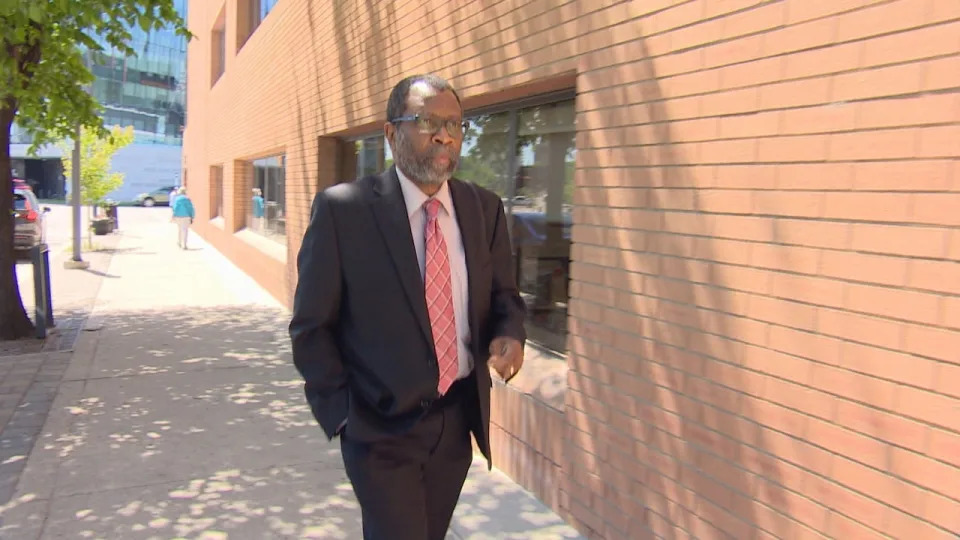
John Olubobokun is on trial this week at Saskatoon provincial court on nine counts of assault with a weapon, related to his time as the director at Legacy Christian Academy, formerly known as Christian Centre Academy.
John Olubobokun's trial is scheduled to resume in October. He has pleaded guilty to nine counts of assault with a weapon related to his time as director of a private Saskatoon Christian school. (Travis Reddaway/CBC)
Delay frustrating: former student
Caitlin Erickson, a former student who has been outspoken about allegations of abuse at the school, told reporters Wednesday outside the court that the adjournment was disappointing. She said she was frustrated but not shocked.
"It does seem to be a bit of a delay tactic and a stall tactic, but we will just keep pursuing this and pushing it through," she said.
"With this particular individual, a lot of us are looking for justice from the courts and whatever the courts deem is appropriate. The acknowledgement of the harm done too is really big for a lot of alumni that attended there that have been gaslit over the years."
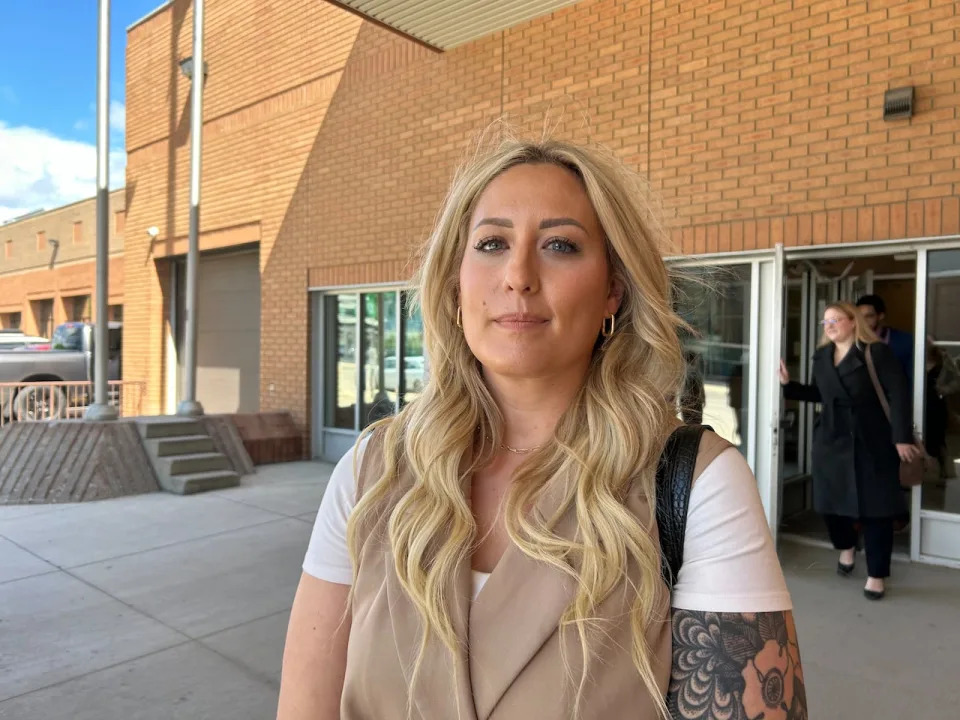
Caitlin Erickson testified at trial that she had never experienced physical abuse in her life to that degree until John Olubobokun hit her.
Caitlin Erickson testified at trial that she had never experienced physical abuse in her life to that degree until John Olubobokun hit her. (Pratyush Dayal/CBC)
Coy Nolin, who travelled from Estevan to testify on Monday, said it was the first time he had seen Olubobokun since he left the school.
"There was a little bit of little boy syndrome that definitely came up. I felt just like that scared little kid again. But knowing that I had the truth on my side, as well as other witnesses that had come forward, it was definitely a lot of empowerment," he said.
"I was scared that I was going to cry and it kind of happened … just telling the truth and showing that it did actually really affect me. And it still affects me to this day."
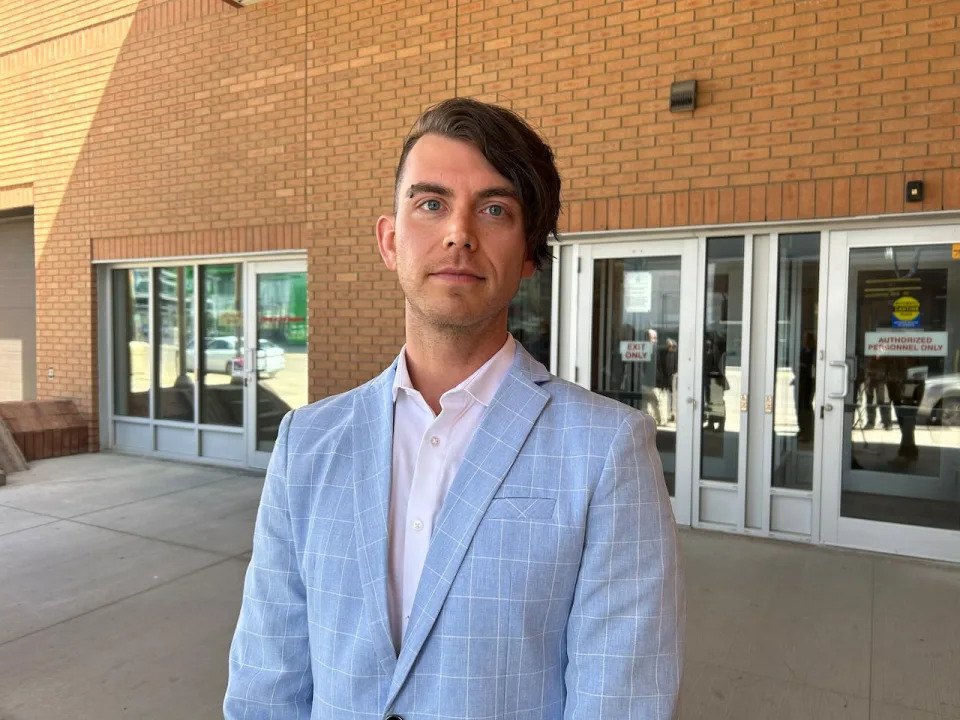
Coy Nolin testified about episodes of paddling at the school. He says he wants to see former school director John Olubobokun be held accountable.
Coy Nolin testified about episodes of paddling at the school. He says he wants to see former school director John Olubobokun be held accountable. (Pratyush Dayal/CBC)
While he is frustrated by the delay following the adjournment, Nolin said he is managing his expectations.
"Honestly the only thing I just want to see is the fact that he just gets held accountable."
Accounts of alleged assault
Former students have testified that Olubobokun regularly used a wooden paddle to strike their buttocks at the school as punishment for a variety of infractions.
They said Olubobokun got them to bend over a chair or desk and usually struck them three times before praying with them.
Erickson told the court that Olubobokun threatened students with spankings if they stepped out of line and fostered a system of informing on classmates.
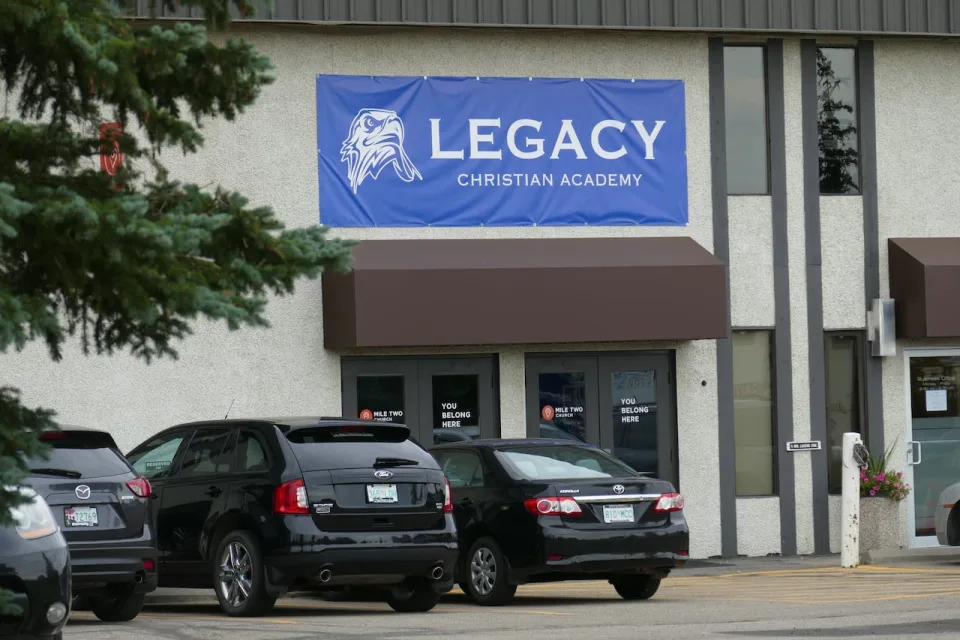
Legacy Christian Academy could be closing its doors.
Legacy Christian Academy is located on Pinehouse Drive in Saskatoon. (Jeff Stapleton/CBC)
"I never experienced physical abuse in my life to that degree until this man hit me," Erickson testified, saying she was paddled multiple times between 2003 and 2005.
Carolyn Nolin, the mother of three boys who testified on Monday, including Coy Nolin, was the last to testify Tuesday.
She said the school strongly encouraged taking a child-rearing class that endorsed physical discipline. She said the school sold paddles and that it was basically a requirement for parents to have one.
During cross-examination Wednesday, Tangjerd questioned the timeline of the incidents and her reports to the police.
Civil lawsuit and more criminal matters
Olubobokun's trial is just one of the criminal and civil proceedings involving the school.
A former principal, Duff Friesen, also faces multiple charges of assault and is scheduled to return to court in the fall.
Aaron Benneweis, a former coach and athletic director at the school, pleaded guilty to sexual assault and sexual exploitation. He was sentenced in October to two years less a day for the offences that began in 2008 and continued until 2012.

Former students of Legacy Christian Academy in Saskatoon and other protestors gathered outside Mile Two Church on Sunday, June 9, calling for the government to stop funding the school.
Former students of Legacy Christian Academy in Saskatoon and other protestors gathered outside Mile Two Church on Sunday, June 9, calling for the government to stop funding the school. (Trevor Bothorel/Radio-Canada)
Ken Schultz, a former director and vice-principal at the school, is awaiting trial on charges of assault with a weapon and sexual assault, allegations that he has denied.
A group of students has also launched a proposed class-action lawsuit against the academy and the connected church, Mile Two, with allegations including paddlings, coercion, traumatizing rituals and solitary confinement. The allegations in the lawsuit have not been tested in court.
Earlier this month, Saskatoon police said they are investigating a new complaint involving a Legacy staff member.



